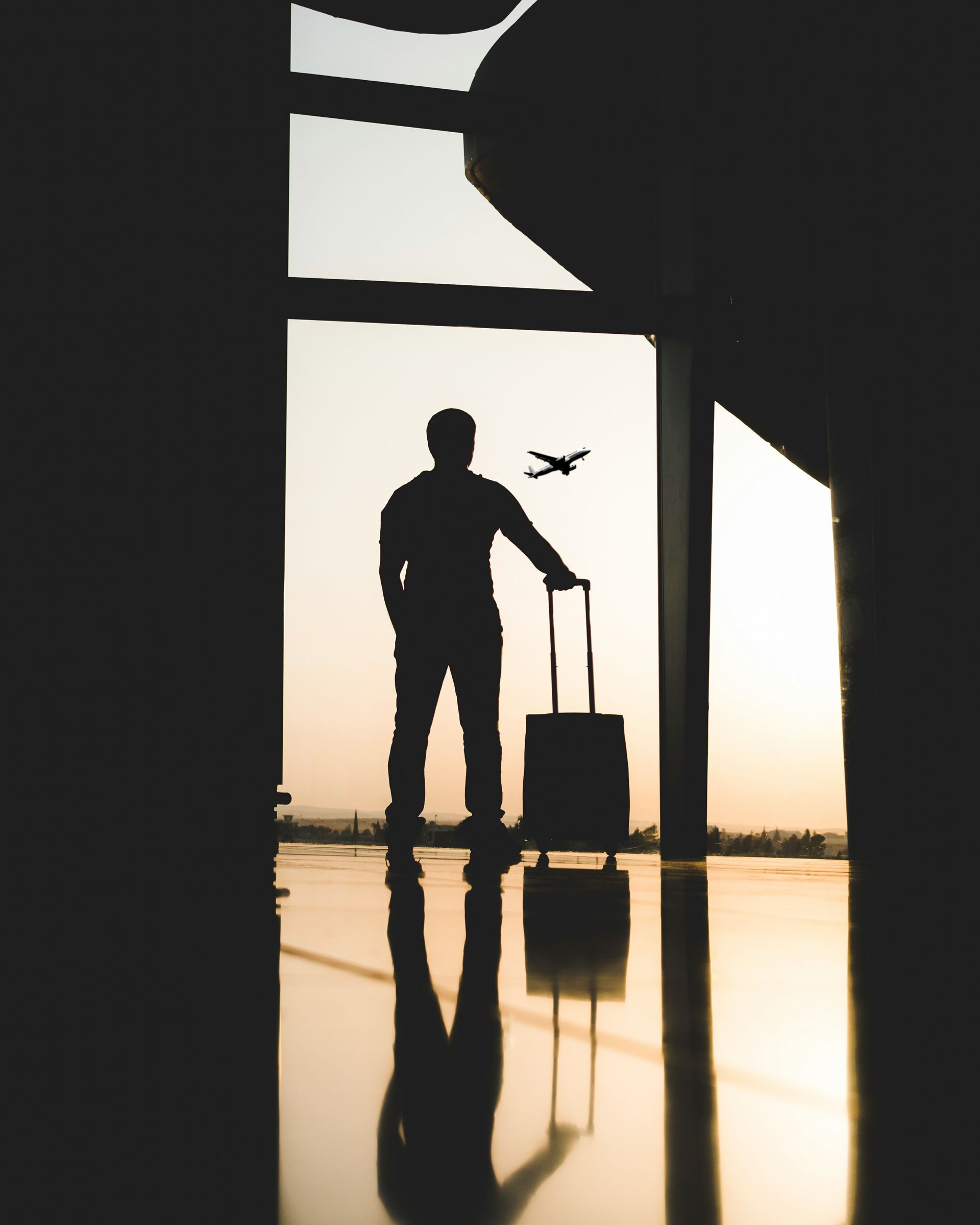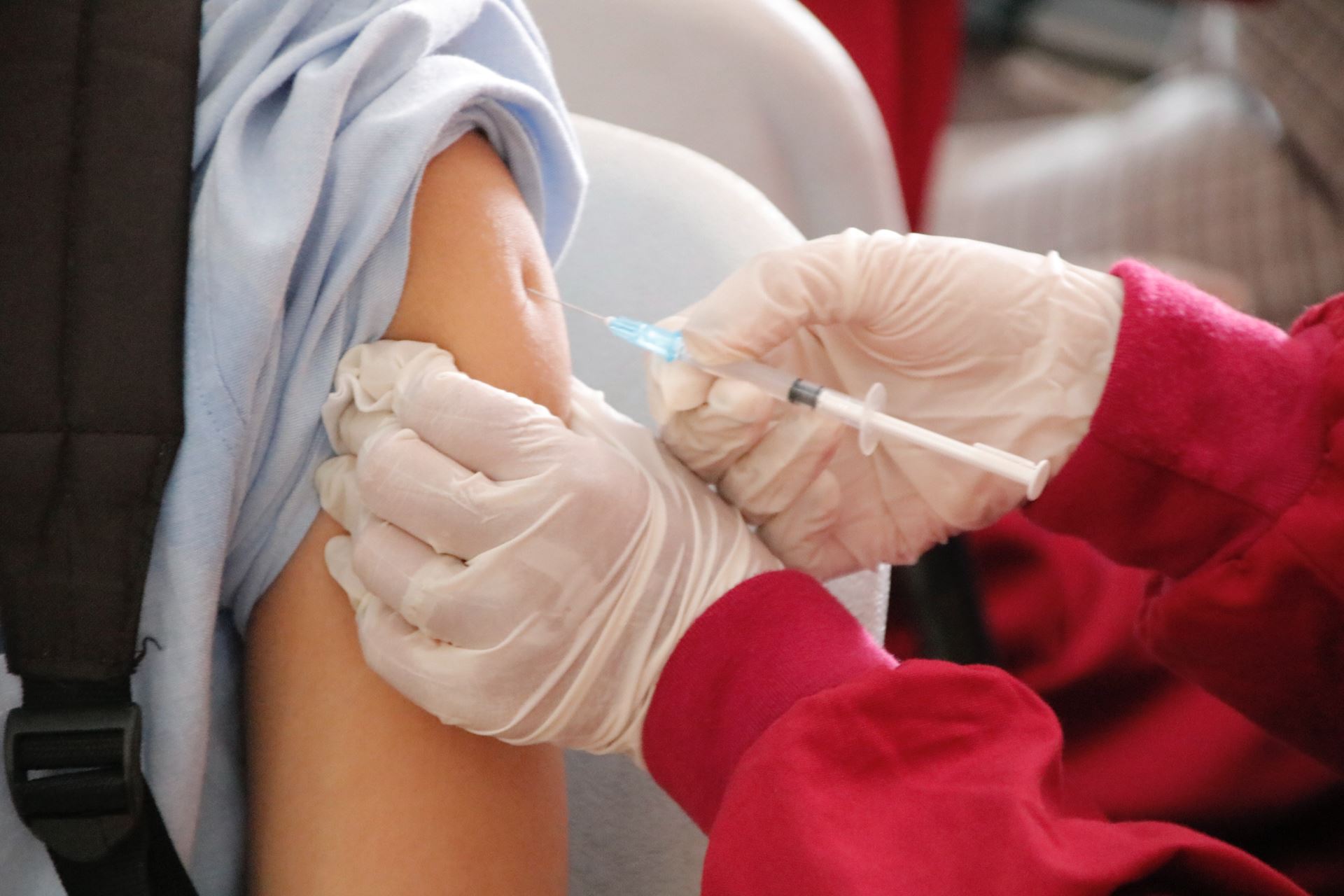Travel Health
Travel Assessment
We offer travel advice and immunisations.
If you are travelling abroad please complete and submit the travel form in plenty of time (we recommend at least 10 weeks) before your journey.
(We will not accept forms if you are due to travel less than 10 weeks - you will have to seek advice from a private travel clinic.)
A nurse will assess the form, and then you will receive a telephone travel consultation. We will also book in any vaccinations you require that are available on the NHS. If there are vaccinations you require that are not available on the NHS, you will be notified and advised to seek input from a private clinic or pharmacy.

Important Information
The practice will provide vaccinations for patients who are travelling abroad for leisure purposes only, if you require vaccinations for work related reasons you will need to contact your own occupational health.
If you are advised that you need the following vaccinations, these are available free of charge from the Practice:
- diphtheria, polio and tetanus booster
- hepatitis A
- typhoid
The nurse may advise other vaccinations for your travel such as Hep B, Rabies and Cholera, which are not available on the NHS; the nurse will signpost you to a private health clinic.

Patient Forms & Leaflets
Fit to Fly Letters
We are receiving a number of inappropriate requests for private letters and forms, asking GPs to certify someone is fit to fly. This includes women who are pregnant and travelling.
Unfortunately, we are unable to do this.
We will endeavour to do our best to issue a private letter with statement of facts, which most airlines would accept, however if this is insufficient, you will have to seek a private assessment elsewhere by a suitable healthcare professional.
Sedation for flying
We will no longer be prescribing diazepam and sedatives for flying, as this falls outside the terms of its prescribing licence. There are a number of reasons for this:
1) Diazepam is a sedative, which means it makes you sleepy and more relaxed. If there is an emergency during the flight, it may impair your ability to concentrate, follow instructions and react to the situation. This could have serious safety consequences for you and those around you.
2) Sedative drugs can make you fall asleep, however when you do sleep it is an unnatural non-REM sleep. This means you won’t move around as much as during natural sleep. This can cause you to be at increased risk of developing a blood clot (DVT) in the leg or even the lung. Blood clots are very dangerous and can even prove fatal. This risk is even greater if your flight is greater than 4 hours.
3) Whilst most people find benzodiazepines like diazepam sedating, a small number have paradoxical agitation and in aggression. They can cause disinhibition and lead you to behave in a way that you would not normally. This could impact your safety as well as that of other passengers and could also get you into trouble with the law. This is particularly likely if they are combined with alcohol.
4) Diazepam and similar drugs are illegal in a number of countries and may be confiscated or you may find ourself in trouble with the police.
5) Diazepam stays in your system for quite a while. If your job requires you to submit to random drug testing you may fail this having taken diazepam.
We appreciate that fear of flying is very real and very frightening.
A more suitable approach is to tackle this properly with a Fear of Flying course run by airlines, and psychological therapies.

Further Travel Information
The following websites will give you additional travel advice
Travel Health Pro for finding out which vaccinations are necessary or recommended for the areas you'll be visiting
MASTA for private vaccination clinics
Gov.uk for specific country travel advice
EHIC/GHIC to apply for healthcare cover abroad
Page created: 13 July 2020
